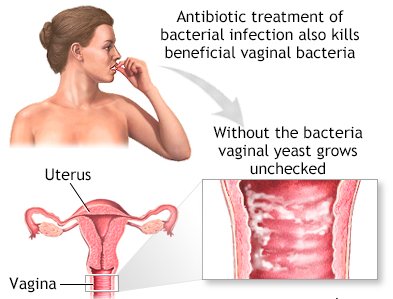


Date: 05 Jun 2025
Vaginal candidiasis, commonly referred to as a yeast infection, is a frequent and bothersome condition that affects millions of women globally. Caused by the overgrowth of Candida yeast in the vaginal area, this infection leads to symptoms such as itching, burning, and abnormal discharge. Among the most effective vaginal yeast infection treatments are vaginal antifungal creams.
In this guide, we explore how these creams work, how to use them, and highlight the most effective vaginal creams for candidiasis available on Pharmily.com, your trusted platform to buy antifungal cream online in Kenya.
Vaginal yeast infections occur when there’s an imbalance in the natural flora of the vagina, allowing Candida albicans to multiply excessively. This can be triggered by:
Early recognition of these signs can help women seek timely vaginal infection remedies.
Vaginal antifungal creams are a preferred treatment method because:
For mild to moderate infections, using a Clotrimazole cream for candidiasis or similar product is often highly effective.
Here are some of the most trusted active ingredients used in yeast infection treatment creams:
These antifungals work by damaging the yeast cell wall, eliminating the infection at its source.
Always read the leaflet or consult a pharmacist or doctor before use, especially for recurrent vaginal yeast infections.

Looking to buy antifungal cream online in Kenya? Pharmily.com offers a curated range of effective and affordable options:
These products are safe, accessible, and reliable for managing uncomplicated vaginal candidiasis.
If you experience any of the following, consult a healthcare provider:
Prevention is key in managing recurrent vaginal fungal infections.
Vaginal creams for candidiasis offer a fast, effective, and direct solution for yeast infection relief. Products like Canesten, Candid Gel, and Candid V1 are trusted options and are readily available for purchase on Pharmily.com. With proper application and a little prevention, most women can find quick relief and reduce the risk of recurrence.
If you’re experiencing discomfort from a yeast infection, don’t wait—treat it confidently with antifungal creams you can trust.
Q. How long does candidiasis last?
A. Most cases resolve in 1–2 weeks with antifungals. Recurrent or systemic cases may require longer treatment. Consistent management prevents complications.
Q. Is candidiasis contagious?
A. Vaginal candidiasis can spread via sexual contact. Oral thrush is rarely contagious in healthy individuals. Good hygiene reduces transmission risk.
Q. Can children get candidiasis?
A.Yes, oral thrush is common in infants. Nystatin oral suspension (available on pharmily.com) is effective. Always consult a pediatrician.
Q. What should I do for severe candidiasis?
A.Seek immediate care for systemic symptoms like fever or chills. IV antifungals may be required. Contact a healthcare provider promptly.
Q. What OTC medications for candidiasis are on pharmily.com?
A. Clotrimazole, Miconazole, and Nystatin creams or suppositories are likely available on pharmily.com. Check pharmily.com for availability. They treat skin and vaginal infections.
Q. Can candidiasis be cured?
A. Most cases are curable with antifungals. Recurrent cases need ongoing management. Addressing risk factors improves outcomes.
Q. What are the risks of untreated candidiasis?
A. Untreated cases may lead to chronic infections or systemic spread. Invasive candidiasis can be life-threatening. Early treatment is essential.
Q. How can I identify candidiasis triggers?
A. Track symptoms, diet, and medications in a diary. Allergy or medical testing can help. Consult a doctor for accurate identification.